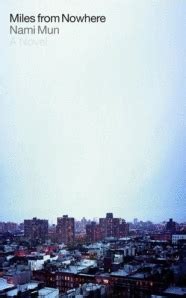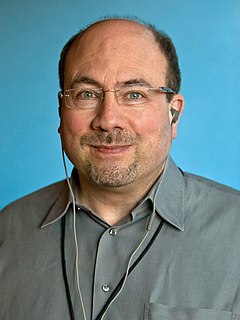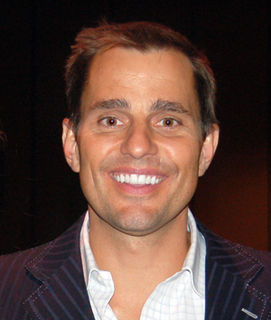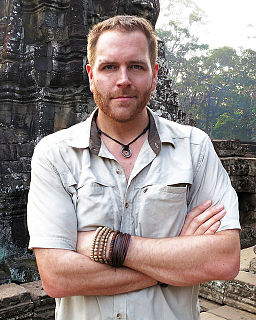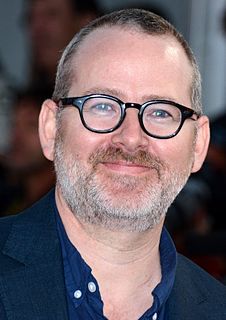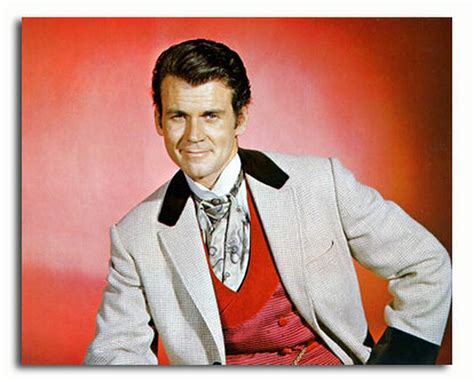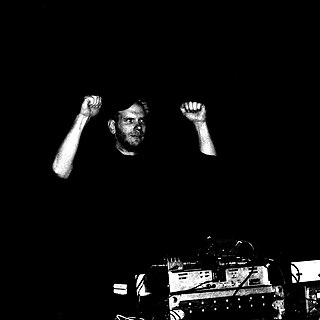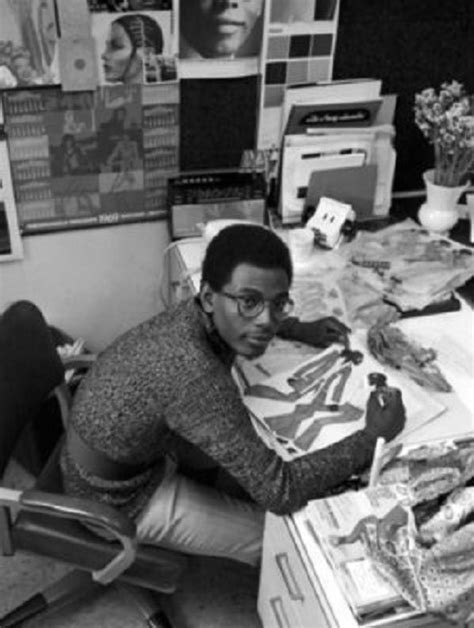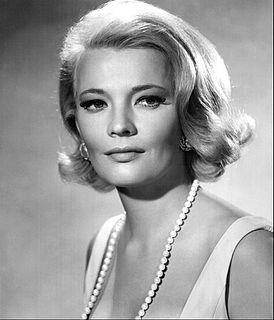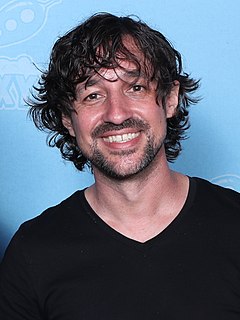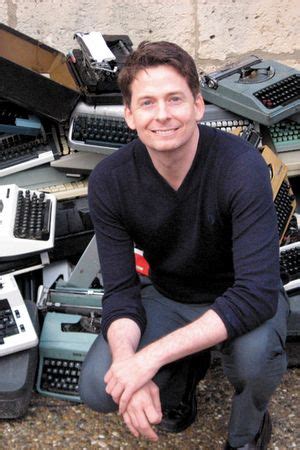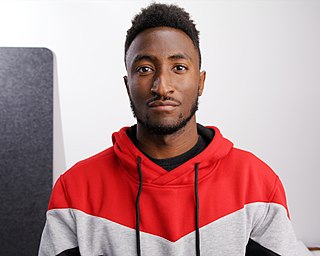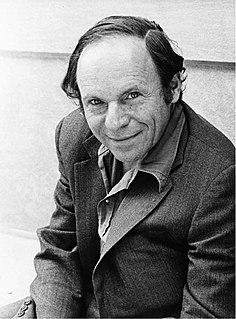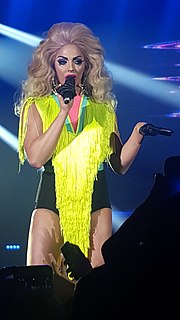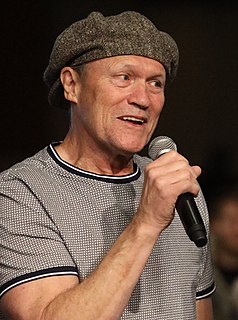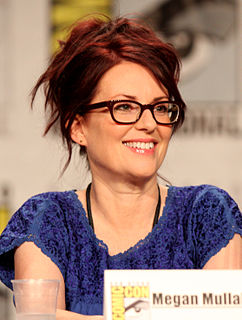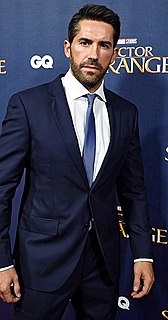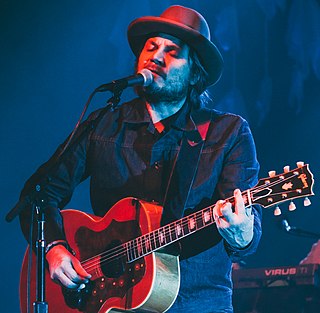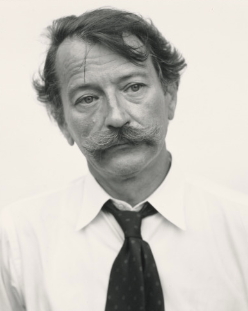Top 858 Editing Quotes & Sayings - Page 13
Explore popular Editing quotes.
Last updated on December 22, 2024.
You have to be dynamic. You have to be able to change. So a lot of times we'll go to a country or go meet people, and then while we're there, the story changes and you have to be able to go with that. And then the story comes out in the editing room, which is a very documentary sort of process - not how news works. So that's different.
There was no actually stock footage in "Medium Cool." I wrote the script. I wrote the riots. And I integrated the actors in the film in the park during the demonstrations. But nowhere was it like we had stock footage and then later, in editing, integrated it into the film. It was all done at the time.
Someone said to me that we have to encourage more young women to want top-level editing jobs. I think that will happen naturally as we have more role models, more examples of boss ladies who aren't sad and cruel and overworked and undersexed like in DevilWearsPrada, but who are straight-up owning it and notable not for their gender but for their editorial savvy.
I just have to come clean and admit I am an extremely, painfully slow writer. I have this unfortunate - or fortunate, I'm not sure which is correct - habit of editing while I'm writing which everyone tells me that I shouldn't do that. But that's just the way I write and I think it's important to stay true to your own writing style and momentum.
I don't come from a film background. I haven't learned anything about films or film-making. But I have a thirst to know everything about my profession. I want to learn about cinematography, about editing, about music recordings, about post-production. So when people in the know talk, I willingly listen.
In my early teens, I knew I wanted to do television production. I loved cameras, editing and producing, anything that had to do with television production. My friend had a production studio across town, and we'd go over there at night and shoot and edit. I produced my father's televised service for 17 years.
I'm a writer, not an editor, and though the editing rarely cut into my writing time, it did take away from that walking-around-thinking-about-it-when-you're-not-thinking-about-it time that I think is important for writers. When you're half-thinking about what you're working on while driving, cooking . . . just letting things sift and settle, come to you.
Well, the 'Giuliana & Bill' show is a little bit different because Giuliana and I are the executive producers of the show, so certainly we have a lot of control and we have total, I guess if we wanted to, editing power, but I will say, in the seven seasons we've done the show, we've never used our executive producer powers to cut something out.
I was always creatively stubborn, adverse to editing by others, and wanted to use the kind of Ukrainian we spoke among ourselves rather than the more artificial prescribed literary Ukrainian. The problem was the greatest in prose, where editors would change my language because "it sounded better this way." My poetry they left alone probably out of deference to that hallowed genre.
Writing something down and processing it, sitting with a text and a story, editing and rewriting new drafts - that entire process helps clarify something for myself. Depending on the person, the act of trying to tell your story helps you understand yourself better, helps you come to terms with something that happened.
Dickens was born in 1812 and died in 1870, having produced fifteen novels, many of which can confidently be called great, as well as having accomplished outstanding work in activities into which his insatiable need to expend his vast energies - to achieve, to prevail - carried him: journalism, editing, acting, social reform.
The show with Buckley and Vidal was happening live. There was no editing. There was no delay. So they were aghast. How America reacted is sort of the most interesting thing because as these debates progressed, the ratings were going up. So people began to program these sort of point-counterpoint setups, where two people with opposite sides would come on.
Television is such an evolving medium. When you're doing a TV show, it's not like you just shoot for six weeks and you're in an editing room with all of your footage. It's like a guitar or a car, you have to fine tune things. You stop doing what's not working, you work on what is working and you add things that do work.
One of the first decisions I made, as the director of "Hide and Seek," was that our film would be silent and use underscoring of original music that I was planning on composing. The decision was mostly predicated on knowing how time consuming the editing of dialogue can be and given the various locations we shot in, I didn't want to worry about having to mix room tones in such a short amount of time.
The longer I write, the more important I believe it is to write the first draft as fast as possible. In drafting, I push myself so I am at the edge of discomfort...Later, it will be time for consideration and reconsideration, slow, careful revision and editing. But on the first draft I have to achieve velocity, just as you do if you want the bike to balance.
Your agent should be invested in the success of your book past the contract stage. After all, if it sells well, she's going to be getting 15 percent of every dime you make. She can be your best advocate in fighting for your book - not just with editing and the cover, but with marketing and sales as well.
I only use the computer for editing. I don't have an eight-track, otherwise I probably never would have bought a computer. When I first got my Mac, I was exploring its possibilities and had fun with all of the sound hacking software, but I'm not interested in that approach. I toyed with the idea of releasing a 12-inch of all the stuff I did early on but good sense prevented me from doing so.
You can give the greatest performance possible, but if you don't have a director who's pointing the camera in the right direction and an editor who's editing it properly, it doesn't matter what you do. The director and the editor are the most important people. Not the actors. Sometimes the writer is important. But if you don't have a good director, you can't have a good production.
John [Cassavetes] had shot a great deal of Shadows and I had to go fulfill my contract in California, so he and all the rest of the Shadows cast came out to California and they finished it off and he cut it. He turned the garage into an editing room and he was by then a director of Shadows. That's the only thing he'd directed. But, he loved it.
It's like the query letter problem that I just mentioned, magnified a hundredfold. You might be good at telling a story, but that doesn't mean you know anything about marketing. Or layout. Or editing. Or publicity. Or selling your books for foreign markets.Everyone can point to a few examples of people that have done very well for themselves self-publishing. But honestly, those folks are lucky as lottery winners.
The film is made in the editing room. The shooting of the film is about shopping, almost. It's like going to get all the ingredients together, and you've got to make sure before you leave the store that you got all the ingredients. And then you take those ingredients and you can make a good cake - or not.
Whenever I'm doing any film, there's always three different things. There's the script, which is really just a blueprint. And then, you shoot the movie and it's an entirely different experience than you would expect from reading the script. And then, there's the whole post process and the editing, and it becomes something else entirely.
There's this kind of incredibly mistaken idea that because it's so much cheaper to roll the camera than it used to be and it's so much easier to accumulate a ton of footage, that then you can just go shoot a ton of footage and the editor will make sense out of it. But if you don't have something deliberate made, you're not gonna save it in the editing room.
The truth is a lot of people doing professional video editing and things like that are using these displays that are mounted in place and they have stands already. When they upgrade displays, they take them out and put them in the same place and they don't need to buy new mounts and new stands for them.
At the end of the day, making 'Monster' was unbelievably hard, as making any movie is. And the only thing that made it worth it is not those awards and all those kind of things that I can barely remember because I was so overwhelmed. It was really that night in the editing room, that day on set. It was those things.
I don't think anyone is ever writing so that you can throw it away. You're always writing it to be something. Later, you decide whether it'll ever see the light of day. But at the moment of its writing, it's always meant to be something. So, to me, there's no practicing; there's only editing and publishing or not publishing.
I can be a fairly hands-on editor, and when I'm editing someone I feel intensely invested in that writer and her work. I love helping to shape a book, and I feel very privileged to get to do that with writers I'm excited about. I think doing that work for the past six years has changed me, and it better prepared me for the questions and suggestions.
Should novels generally be 600 pages? No, they should not. Half of writing, maybe 3/4 of writing, is editing. This seems to be a thing that has not gotten through to them. It's my impression that you could get rid of half of most of these books. These people are not good enough to be this long, but they're apparently also not good enough to be shorter.
In this century the writer has carried on a conversation with madness. We might almost say of the twentieth-century writer that he aspires to madness. Some have made it, of course, and they hold special places in our regard. To a writer, madness is a final distillation of self, a final editing down. It's the drowning out of false voices.
Directing's the best part. Whenever I've directed something, there's this feeling of demand and focus that I like. And secondly, it means that you've gotten through all the writing stuff, and the producing stuff, and casting, and prep, and all those stages that are seemingly endless. So directing is sort of the reward for all the work you put in before. And then there's the editing, which is another amazing stage of the process. It's incredible the moments you can create.
I started as a child, in this PBS series 'Voyage of the Mimi,' which led to driving down to New York for 'Afterschool Special' auditions, which led to moving to Los Angeles. I wanted to be an actor. But in L.A., I got into film technology, and I was building cheap editing systems and would edit my friend's acting reels.
I mean, in the editing room, you sit there, and you're so happy about a lot of it. You've got these great actors, and the DP's great, and you love it... And then there's so much you're mad about. Cause you've made so many mistakes. So yeah, there're scenarios where you're like, "Ah, I wish I could change this. How do I make this better?" "No matter what I do, the scene's not working, what do I do?"
I'm not a person who believes in the great difference between women and men as editors. But I do think that quality is key. We're very good at organizing and discipline and patience, and patience is 50 per cent of editing. You have to keep banging away at something until you get it to work. I think women are maybe better at that.
When we were shooting the movie, and of course in the editing room we had to make choices, but the shots fall almost exactly where we thought they would. They're not about content; they're never meant to be about what just happened. There's that weird phenomenon where the more you like a movie the more your mind wanders and goes all over the place.
This whole idea of editing, not one time I can tell you, not one time has a producer ever asked me to say something I did not want to say. I will also say this about 'Drag Race' producers: I will stand by the show and the people there because they have changed so many people's lives for the better, and I'm one of them.
As the actor, you can't be worried about the scene that you're going to playing two days from now. You think about what's going on, right now and in the moment. That's what you worry about. Everything is right then and there. In the end, all of the pieces come together, thanks to the editing and James Gunn.
The Coen brothers: Of all the directors I've worked with, they're the only ones who have given me the storyboards attached to the script. It was very cool for me, because I knew when I was in close-up or if it was far away, and it also made me know that anything that happened in the edit wasn't personal. Because they edit their own movies, so they were editing it as they went.
I personally think a fight scene is the most cinematic thing you can witness because all the elements of filmmaking come together, you know, with the camera speed changes, editing, make up effects and general smoke and mirrors of trying to make it look like you are hitting someone when you're not. It's filmmaking in it's purest form, I think.
Fate often allows a future to take shape with no regard for our expectation, plan, or readiness. Fate's skillful editing of our life choices is like the careful grooming of lads on their first day of school: combed, polished, scrubbed, newly dressed, and glowing too. This is how we become ready for our life lessons.
Going into editing when I got to New York was part of that. I guess I just kind of wanted to know as much as possible. But I have a real love of the whole process, from start to finish. So right now, I fit into the acting part of the process, but I wouldn't rule anything out. I'm enamored with how the whole thing works.
I spent a fair amount of time editing the lyrics and allowing the song to kind of evolve. ... anytime there's anything worthwhile, it certainly 'feels' like it happened on the spur of the moment, but it's a composite of lots of spurs of the moment, hopefully. And over time, you catch up with those, and then you have a full set of lyrics you've thought of and you feel comfortable singing.
Photography is a system of visual editing. At bottom, it is a matter of surrounding with a frame a portion of one's cone of vision, while standing in the right place at the right time. Like chess, or writing, it is a matter of choosing from among given possibilities, but in the case of photography the number of possibilities is not finite but infinite.



